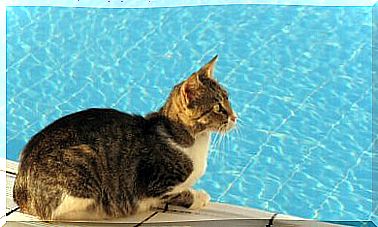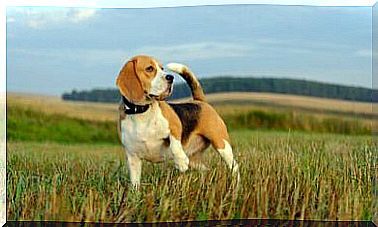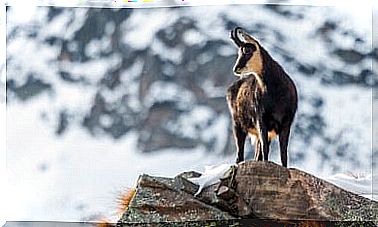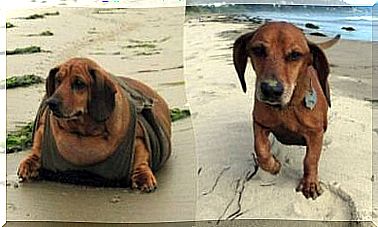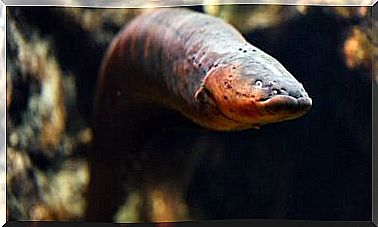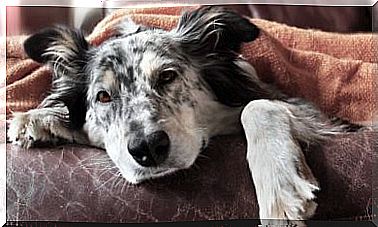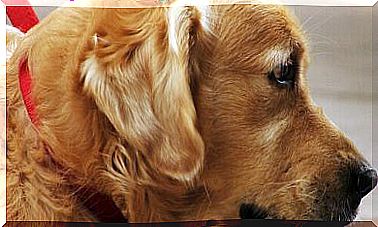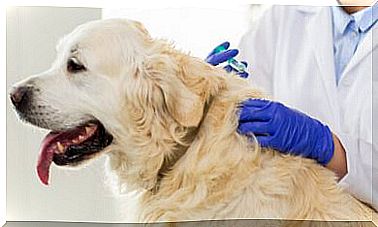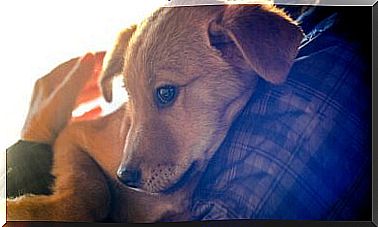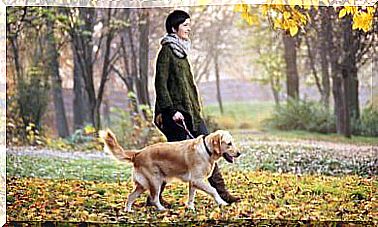My Dog doesn’t Chew Well
Although dogs love to eat, they don’t always seem to enjoy food. They bite and swallow it as if nothing had happened, without chewing it. The reasons behind this behavior can be various, but with a few simple tricks you can help your dog eat better if he doesn’t chew well.
Knowing in depth the reasons behind their attitudes is essential for understanding our animals. Today we’re going to talk about why dogs don’t chew food.
Why doesn’t my dog chew food?
As we have already mentioned to you on many occasions, dogs are descended from wolves, and from them they have acquired many habits, such as the tendency not to chew.
Wild animals live for one and only purpose: to survive. Life outdoors is difficult, the environment is full of predators and stronger animals. Even wolves, while being among the strongest wild predators, have to fight for survival.
This is precisely why they live in packs, follow a leader and eat what they hunt, even if sometimes this is not enough for the whole group. When they find food, as a result, they tend to bite and devour it as if it were the last bite of their life.
This is why dogs devour food: although they are domesticated and will continue to receive food every day, their wild lineages push them not to reason. Animals act instinctively, and so does your dog.
How to behave when the dog does not chew food
If your dog doesn’t chew his food, don’t worry. Here are some tips you can follow to improve the situation.
- Vary your feed. While kibble should be the main food in a dog’s diet, eating the same type over and over again can cause anxiety. Also, foods such as boiled chicken, eggs, sausages, etc. can increase the levels of serotonin in your body. This hormone helps fight anxiety and will lead the animal to eat more slowly.
- Create a relaxed environment around him. If your dog eats after you, after observing you at the table and while you were cooking, it is logical to think that as soon as his bowl is full he will throw himself on it. For this, make sure to create a relaxed and peaceful environment, without increasing the stress on the animal.
- Physical activity. Exercise is essential for dogs and, strange as it may seem, it can also come in handy if your pet doesn’t chew food. Sport makes us feel better, reduces hunger and helps reduce anxiety. The same goes for animals: follow our advice, do activities together!
- Calculate the calories. It is not good for your dog to consume more calories than he consumes, but not even less. Perhaps you are giving your dog less food than he needs, and because of this he finds himself not chewing it and eating it nervously. Calculate the quantities well and do not give him more or less than what he needs.
- Take him to the vet. Each dog is unique, and if they don’t chew their food they could be plagued with stress or another specific abnormality. Your vet will be able to advise you on what to do or even prescribe a special medicine.
As we have seen, taking care of an animal involves many responsibilities; for this, it is essential to be willing to devote resources, time and energy to take care of his health and raise a healthy and happy dog.
Even if your dog has a bad habit of not chewing food, he can learn to eat slowly and not get annoyed if someone approaches him while he eats.
